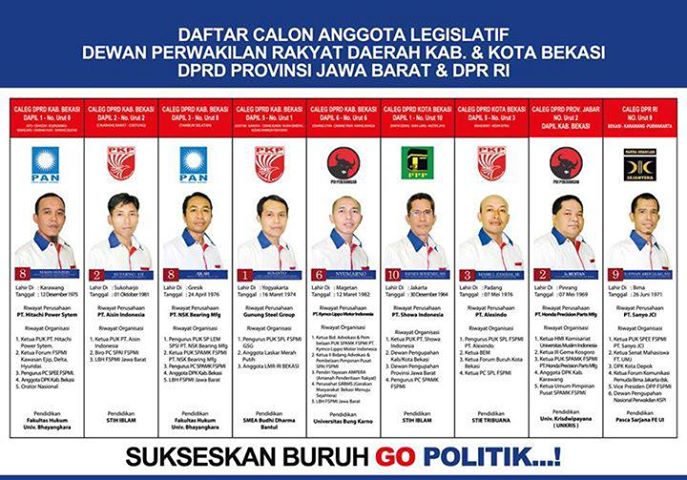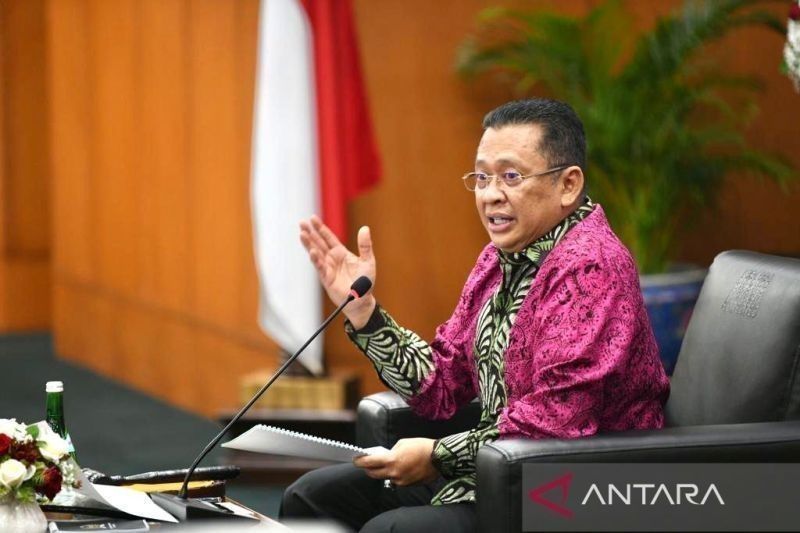Indonesian President Joko Widodo won the country’s presidential election in 2014 by presenting himself in part as a democratic reformer, a man of humble origins who would fight graft and curtail the self-dealing elite politics that dominate Jakarta. If at the start of Jokowi’s first term there was some hope that he would follow through on his lofty campaign promises, that all seems like a distant memory today. For most of his second term since being reelected in 2018, he has proven to be the opposite of a reformer, undermining democracy, advancing insider politics in which political dynasties are blossoming, cracking down on dissent and tolerance, and weakening anti-graft efforts instead.
Now, after Jokowi handled the first two years of the pandemic poorly, his closest advisers seem to be pushing a shadow campaign to postpone the presidential election scheduled for 2024, claiming that Jokowi needs more time to battle the pandemic. Though Jokowi has said he does not support the idea, his advisers continue to subtly push it. But any postponement would be extremely damaging to Indonesia’s democracy.
Jokowi has failed at reform on multiple levels. For one, though he long decried political dynasties that have dominated Indonesian politics and stymied new blood from entering the political arena, since taking office he has created his own political dynasty. With Jokowi’s backing, his oldest son, Gibran Rakabuming, has been elected mayor of Solo, the city where Jokowi got his start. Gibran is now being talked about as a candidate for mayor of Jakarta in the 2024 elections. That position can be a stepping-off point for the presidency because of the high national profile it enjoys, as Jokowi’s career trajectory—he served as Jakarta’s mayor before winning the 2014 presidential election—demonstrates. Meanwhile, Jokowi helped push for his son-in-law, Bobby Nasution, to win election as mayor of Medan, another important city, two years ago, despite Nasution being only 29 years old and inexperienced at the time.
Despite his campaign promises in 2014 and reputation as a clean politician when he was mayor of Jakarta, Jokowi has disappointed as a graft-fighter. To the contrary, he has crippled the government’s ability to combat graft among lawmakers, leaving Indonesia one of the most corrupt countries in the region. Instead of empowering the anti-corruption agency, the KPK, Jokowi dealt it a fatal blow by putting it under the control of the civil service, thereby limiting its reach and independence. When students and other demonstrators protested against the move in 2019, the security forces responded with brutality, killing eight and injuring many more. In addition to the corrosive effects of corruption domestically, graft, combined with Indonesia’s notoriously high levels of red tape, is also hurting foreign investment, scaring off potential investors at a time when multinational companies are eagerly looking for alternatives to putting factories in China.
Jokowi’s record on civil liberties has also failed to live up to expectations. He has gone along with new measures that have limited freedom of speech for critics of the government and others that imposed draconian penalties on LGBTQ individuals. Despite having defended LGBTQ rights and condemned anti-LGBTQ discrimination in 2016, he has since stood aside as the security forces have engaged in massive persecution of Indonesia’s LGBTQ community, including arrests and raids of house parties held by LGBTQ individuals. Jokowi’s government now seems to be going so far as to ban same-sex characters from social media platforms in the country.
Even if Jokowi does not attempt an outright power grab, just raising the idea of extending the president’s term in office has further damaged Indonesia’s already shaky democracy.
Meanwhile, Jokowi has dramatically bolstered the army’s role in civilian politics, a dangerous move in a country with such a long history of military rule under Suharto. Indeed, after Indonesia’s democratic transition, its politicians passed laws to limit the armed forces’ domestic powers. It also seemed like a new norm had been created that would firewall the armed forces from most civilian activities.
Yet those reforms and norms have been undermined and crushed in the Jokowi era. Jokowi has surrounded himself with active and retired generals as advisers, and handed retired generals many top ministries, including the Defense Ministry. As The Economist noted, with Jokowi’s support, the Indonesian armed forces has “regained a role in internal security, to help fight terrorism.” The TNI, as the armed forces are known, has been handed many other civilian functions as well, recementing their place in domestic life and politics, and seemingly harkening back to the Suharto-era status quo in which the highly repressive military was the central actor in Indonesian public life. Over time, the military has also been able to undo reforms that prevented officers from simultaneously holding civilian jobs, including in the private sector, a development that began before Jokowi, but which he did nothing to stop.
Given his willingness to accept oligarchic and dynastic politics as well as his increasingly authoritarian style, it does not seem so impossible to believe that Jokowi would have an interest in postponing the 2024 elections to give himself more time in power. After all, postponing elections or holding referenda to postpone them is a time-honored move by autocrats, from Hugo Chavez to Vladimir Putin.
While Jokowi himself has continued to claim he is not interested in doing so, the idea is being pushed by Luhut Pandjaitan, probably his closest adviser. Other powerful elites who control major political parties that are in Jokowi’s coalition—and who are surely in contact with the president—like Airlangga Hartato, chair of the Golkar Party, have also supported the idea, possibly by amending the constitution.
It is hard to know for sure what the public thinks about such a postponement, but the idea has led to some popular pushback. In early April, thousands of students demonstrated in Jakarta against the idea. In addition, some polling suggests the move does not have strong support, though that does not mean Jokowi and his allies will not attempt to try it. As The Economist reported, Luhut and other Jokowi allies claim that “calls for Jokowi to stay abound on social media”—a sign they may be preparing a narrative to suggest there is popular support for a postponement.
Even if Jokowi does not attempt an outright power grab, just raising the idea of extending the president’s term in office has further damaged Indonesia’s already shaky democracy. And it comes at the same time when Indonesian politicians are considering a reform that would empower a kind of national super-legislature, the MPR, which could then be used to select the president in the future, essentially ending direct-suffrage presidential elections. Whenever he ends up leaving office, Jokowi will be leaving Indonesia’s democracy in its worst shape in years.
Joshua Kurlantzick is senior fellow for Southeast Asia at the Council on Foreign Relations.


